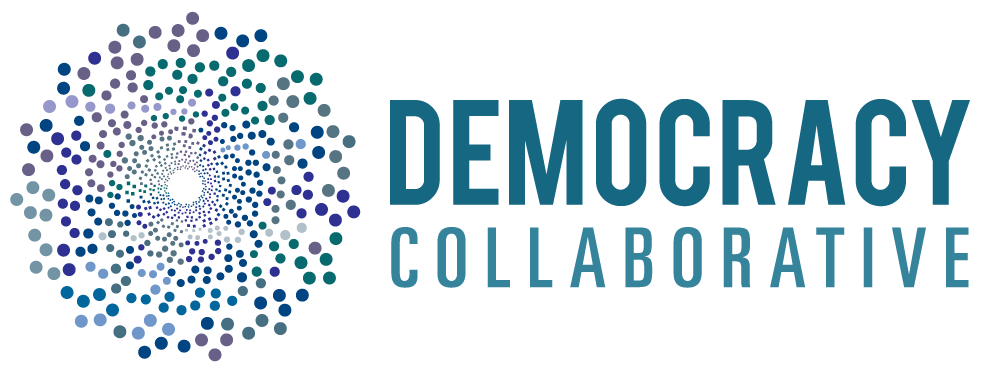New CHIPS law contains groundbreaking provisions to build community wealth, boost worker ownership
The legislation President Biden signed into law on Tuesday contains provisions that, for the first time, build core community wealth building principles into efforts to bolster the nation’s technology manufacturing capacity. This means that investments in such areas as domestic semiconductor manufacturing will aim to keep wealth rooted in communities, bolster worker ownership, and help close the racial wealth gap.
The CHIPS and Science Act of 2022 includes language based on the theory and practice of community wealth building, developed by The Democracy Collaborative over two decades. Community wealth building is an economic development model that transforms local economies based on communities having direct ownership and control of their assets. It connects and scales such progressive elements as community land trusts, worker cooperatives, and public banking, supercharging their power to create living-wage jobs, economic resilience and sustainability, and a democratized economy.
“We applaud Congress and the President for their foresight in embedding wealth building into the CHIPS Act, and we look forward to tracking the concrete benefits in the lives of people across America. Community wealth building is a tried and true approach for building assets and generating investment in our communities, particularly those that are disinvested and most in need. Innovative legislation can play a critical role in catalyzing community wealth strategies in support of neighborhoods, cities and counties,” said Ted Howard, Co-Founder and President of The Democracy Collaborative.
"The inclusion of community wealth building in the CHIPs Act gives communities a huge opportunity to build more equitable and prosperous local economies. By creating regional hubs with a focus on advancing broad-based forms of asset ownership, they can keep wealth local and recirculating for the benefit of residents. Alongside other passed and pending federal legislation intended to address this moment of compounding crisis, this represents a generational opportunity to build a more just and sustainable economy for all. It is imperative that communities seize this opportunity and we continue to provide them support as they do so," said Sarah McKinley, Director of Community Wealth Building Programs at The Democracy Collaborative.
The law includes a new Regional Technology and Innovation Hub program. It encourages local governments applying for funding to include in their proposals plans to promote employee, community, and public ownership; advance community wealth building models, particularly through partnerships with community development financial institutions, minority depository institutions, and other local entities; and focus procurement on supporting local and regional businesses, particularly those that are owned by people of color and women.
Applicants will be assessed based on such regional economic effects as the expected increase in high-wage jobs, the new economic opportunities created for economically disadvantaged and underrepresented populations, and the wealth that is built and retained in the region.
President Biden, participating virtually at a recent event at the Hemlock Semiconductor Corporation’s factory in Hemlock, Michigan, said that the new law “will ensure the tens of thousands of new construction jobs are good-paying union jobs here in America,” contains “guardrails that are going to protect taxpayers’ dollars and the interests of the American workers, small businesses, and the communities they’re in,” will forge partnerships between companies and community colleges and technical schools, and increase procurement from small and people-of-color-owned businesses.
